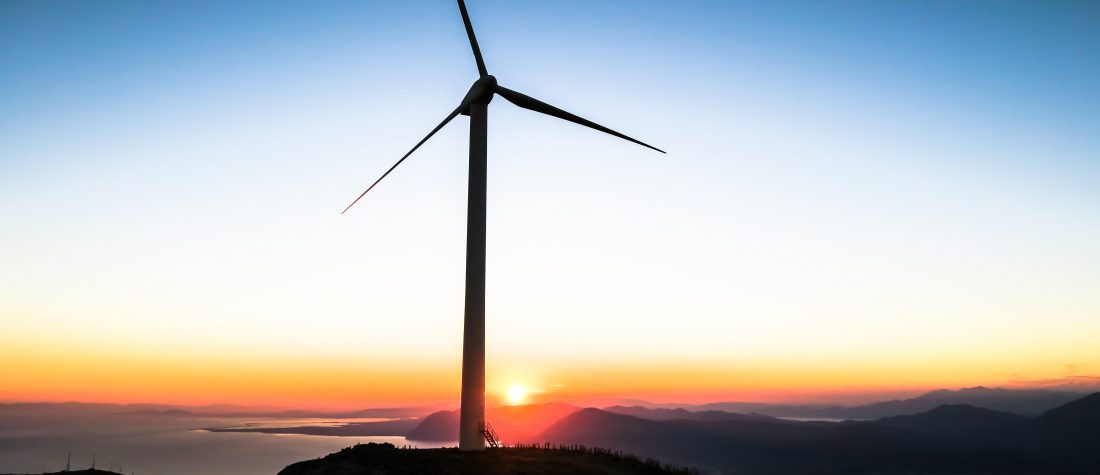This article is the third in a series of eight introducing the Liberal White Book: Europe 2030, the European Liberal Forum’s flagship publication highlighting the challenges that the EU faces and presenting a range of future policy options.
The European Union has committed itself to ensuring a more sustainable future. Yet for this to happen, certain changes must be made. Member states need to act in a more cohesive manner. The Union also needs to be able to hold two goals in sight: finding sustainable solutions for the everyday but also tackling climate change on a global scale. Citizens and politicians must both be involved in this process. Europe ought to be a leader in processes designed to ensure a better future.
Greener visions
In just a few years, the politics of sustainability and climate change in Europe have dramatically transitioned from occupying a peripheral position on policymakers’ radars to consuming public attention. Not only was there the 2015 Paris Agreement but there have also been a host of further emission reduction goals that have been pledged. Youth protests and current research highlighting the dire situation of global warming have influenced recent decision-making and plans for Europe’s climate future.
The von der Leyen Commission has made the ambitious target of a 50-55% emissions reduction by 2030. It has also put forth both an EU Climate Law and an EU Green Deal with a target to make Europe “the first climate-neutral continent”.
Policy shifts
Policies such as those described in the European Green Deal are certainly the way forwards if Europe wants to lead as a global frontrunner in the fight against global warming and creation of a sustainable environment. Yet their success – or failure – will depend on the conditions set which allow or hinder further developments and policy outcomes.
The most important are:
- Setting credible decarbonisation targets.
- Implementation of carbon capture strategies and related technological innovations, most likely focused on industry emissions and effective in the medium-to-long term.
- Ensuring cohesive EU-wide policies.
Without efficient coordination at the European level, sustainability and a low or neutral-carbon future will simply remain out of reach and the EU will fall behind as an international leader in the battle against climate change.
Zero’s the hero
One potentially winning strategy at the institutional level could be coalitions of climate-ambitious member states which would, by 2030, start incentivising others to join their team of frontrunners and make the transition to zero emissions. This competitive “race to zero” should consider the Just Transition and ‘multi-speed’ approaches, managing to gradually bring on new member states or even third parties, and foster coalition dynamics that will move beyond the old conflicts of distributional differences and help, rather than hinder, overall integration. Such a unified front would raise the EU’s international credibility even higher, showing that economic growth need not go hand in hand with emissions and setting a firm example of green economic development to the rest of the Paris coalition.
United for the planet
Put plainly, the European Green Deal cannot solve climate problems on its own; rather, support for it needs to be continuously proactive and it must involve actors from all sectors and across the political spectrum. As liberals, we must lead the way in the debate on sustainable solutions to mitigate the effects of climate change.


